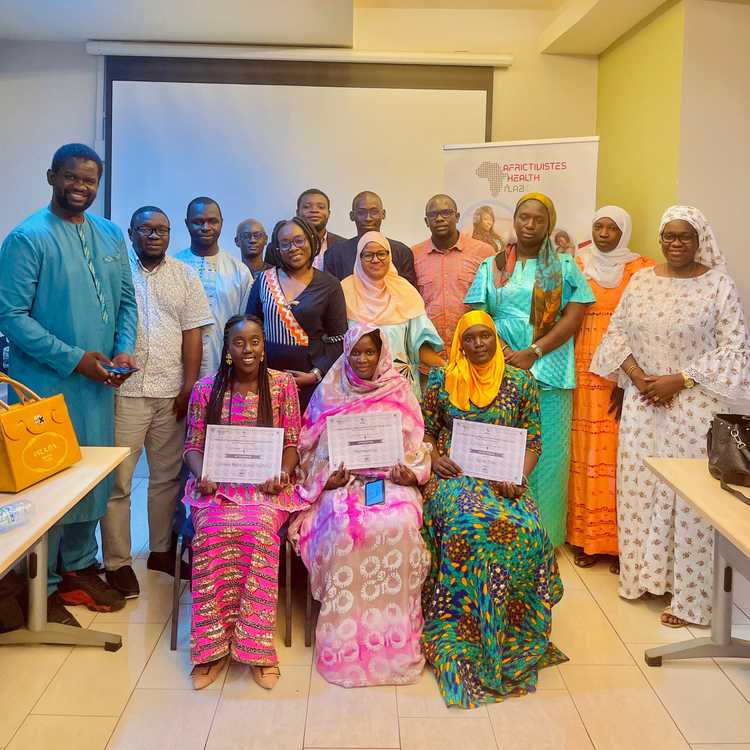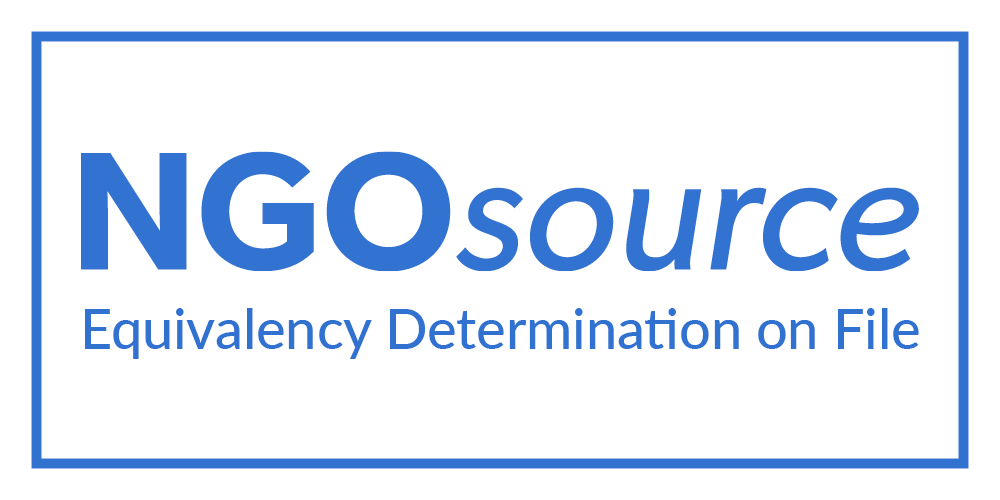Civic tech as a driver of new citizen participation in democratic governance in Africa
As part of the Charter Project Africa, the Gorée Institute organised a regional workshop from 23 to 25 May on strengthening citizen involvement in democratic governance in Africa. Attended by a number of West African civil society organisations and regional and continental institutions, the meeting was an opportunity for young people, who are at the heart of the changes in governance, to implement new initiatives to strengthen democratic governance in West Africa.
In the course of three days, the Gorée Island was the gathering point for a large range of civil society organisations, including AfricTivistes. Fourteen (14) projects from West African countries and beneficiaries of the Civic Tech Fund Africa showcased their work in areas as diverse as they are related to democratic governance.
All these projects developed using civic technologies (Civic Tech) target clearly identified themes such as citizen participation in African elections, democracy, local governance, the participation of women and vulnerable people, etc.
During their presentations, the beneficiaries went back over the context and relevance of their initiatives. But they also described the results of their various projects and how the use of Civic Tech has helped to promote and monitor the African Charter on Democracy, Elections and Governance (ACDEG) in their respective countries.
The meaningful engagement of young people in democratic governance processes is of crucial importance to the African Union (AU), through the normative and institutional frameworks established by the Union such as the African Youth Charter. Article 11 of the Charter urges States Parties of the African Union (AU) to take measures to facilitate the active participation of youth in the affairs of the community.
Alongside the presentation of these initiatives, a high-level panel on “Citizen Engagement in Democratic Governance in Africa: Challenges, Prospects and Solutions” was held with experts such as: Komlan Messie from WACSOF, Mohamed Diatta from PANAPS, Bright Sefah from ECOSOCC and Hugues Penda from Misahel.
This panel, moderated by Aisha Dabo, programme coordinator at AfricTivistes, was an opportunity for these members of regional and continental institutions to assess the current situation, define the challenges and identify new prospects for citizen engagement with their respective institutions.
The climax of the workshop was the presentation of AfricTivistes’ activities within the framework of the Charter Project Africa by the project’s Communication and Advocacy Officer, Abdou Aziz Cissé. He spoke at length about the distance learning platform (MOOC). Participants were able to appreciate the effectiveness of such a programme, with some key figures.
He also highlighted other activities, such as the online citizen consultation and the Hackathon, which will be a competition for young people coming up with technological solutions to encourage citizen participation in the democratic governance of our countries.
All in all, this meeting was a crucial moment for the Charter Project Africa, as it brought together the beneficiaries of the grant fund, who are mostly young people, and civil society organisations from Africa, to broaden the discussion on the contribution of new technologies in advocating greater democratic governance in Africa in these turbulent politico-security periods.



![[Guinea-Bissau]: Joint Statement from Human Rights Defenders Against the Confiscation of Popular Will !](/static/8552596543d1c00bc73e662f85c0a62f/fce2a/Capture-decran-2025-12-01-a-16.34.43.png)
![[Guinée-Bissau] Joint Declaration – Afrikajom Center and AfricTivistes both firmly condemn the military takeover and warn of the risk of a political crisis !](/static/4d5ad12346b3ef8c55278621c445488b/9e635/Putsch-Guinee-2.jpg)

![[Tanzanie] 🇹🇿 AfricTivistes strongly condemns violent suppression in Tanzania](/static/adf91a1c13cd101f988b6b6971928880/9e635/TZN.jpg)
![[Cameroon] AfricTivistes condemns violent repression, urges govt to uphold rights !](/static/6399a9d8e94e3ae1f681f86178520d96/9e635/WhatsApp-Image-2025-10-27-at-15.32.48.jpg)



![[Madagascar] Generation Z, the driving force of civic awakening!](/static/9072e289fdab44c062096dcfb9499441/9e635/4-2.jpg)









